Is Claude a GPT model?: Claude is an AI assistant created by Anthropic to be helpful, harmless, and honest. There has been speculation that Claude may be based on a GPT (Generative Pretrained Transformer) model similar to ChatGPT.
In this article, we’ll analyze the architecture behind Claude and evaluate whether it is built using a GPT-style model.
Overview of GPT Models
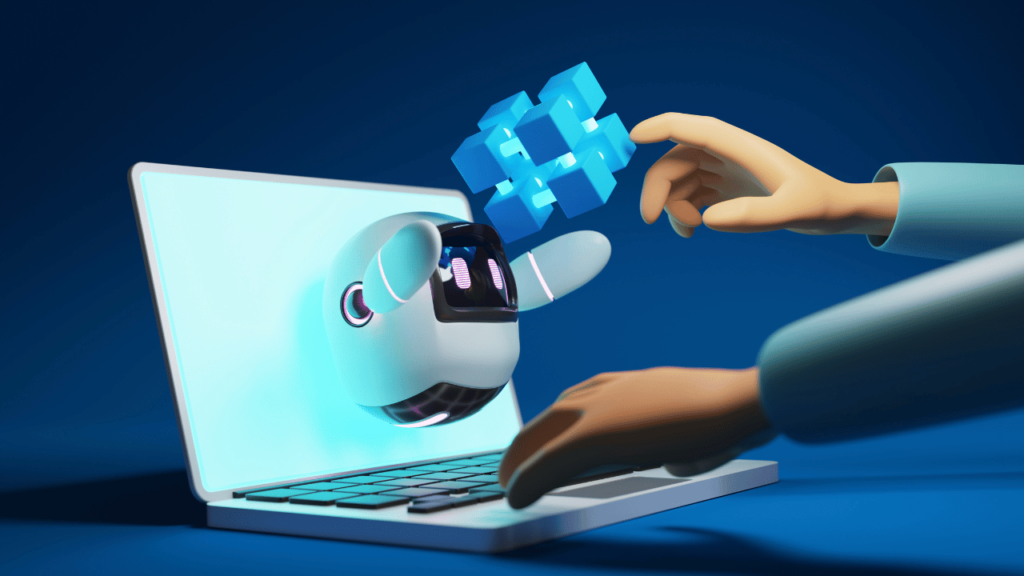
GPT models are a class of neural network architectures developed by OpenAI using the Transformer technique. They are pretrained on massive text corpora to generate human-like text. GPT-3 and GPT-2 are popular examples of GPT models known for their conversational abilities.
Claude’s Conversational Skills
Like GPT models, Claude demonstrates strong conversational skills including contextual dialogue over multiple turns, versatility across topics, and providing knowledgeable responses. This has led to assumptions it may also employ a GPT architecture.
Differences from Typical GPT Behavior
However, there are also noticeable differences between Claude’s characteristics and typical GPT model behavior. Claude seems more grounded in reality, avoids unsupported speculation, gracefully declines inappropriate requests, and aims for harmless honesty.
Constitutional AI Approach
Claude is designed based on Constitutional AI, Anthropic’s safety-focused framework for AI development rooted in ethics. This constitution provides guardrails aligned with human values, unlike GPT’s tendency for problematic responses.
Custom Neural Architecture
Anthropic has revealed they use a custom neural architecture optimized for Constitutional AI principles rather than pure accuracy or scale. This suggests Claude does not directly employ an off-the-shelf GPT model architecture.
Training Procedure Differences
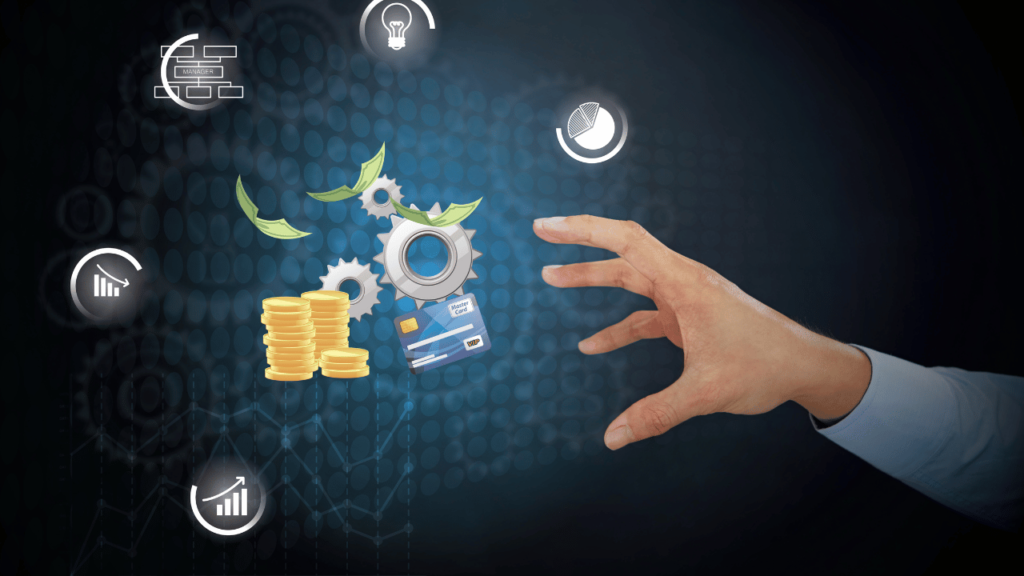
Claude is trained on a filtered high-quality dataset curated by Anthropic researchers. GPT models tend to train on massive web scrapes with limited filtering. Claude’s training corpus likely has greater focus on safety.
Ongoing Safety Research
Anthropic has leading researchers in AI safety working full-time to ensure Claude adheres to safety practices. Mainstream GPT models have faced criticism for lack of safety considerations during development.
Closed System
Unlike GPT models that retain training data within the model parameters, Claude operates as a closed system without direct retention of its training dataset. This offers greater control and safety.
Customized Inference Procedure
Anthropic has likely customized Claude’s text inference procedure based on Constitutional AI principles rather than using a standard GPT text generation approach.
Proprietary Technology
As an emerging startup, Anthropic closely guards details of its technology for competitive reasons. However, Claude does appear to be based on proprietary architecture distinct from public GPT models.
Distinct Model Size
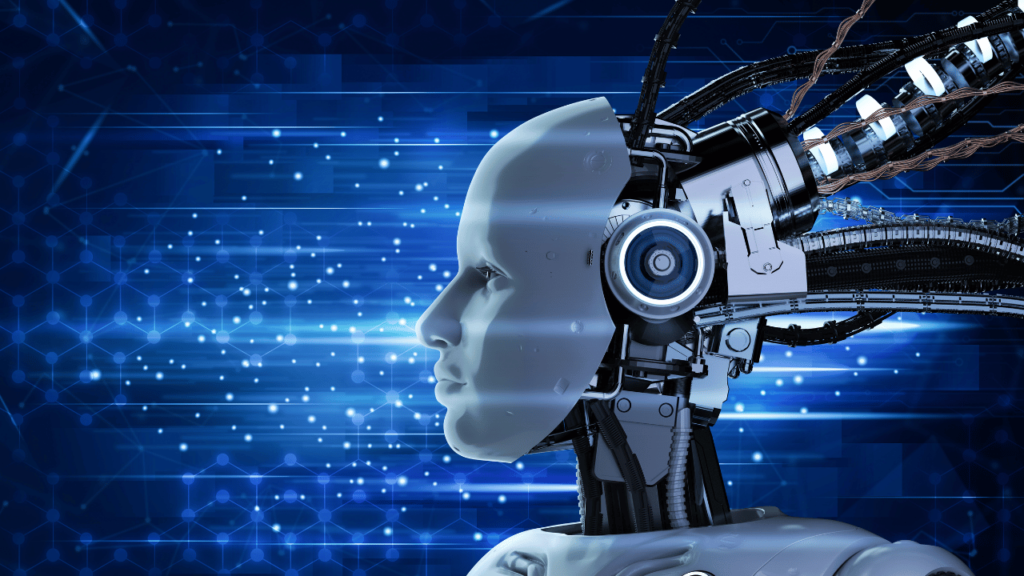
Original Modeling Innovations
Anthropic has likely developed some original modeling innovations tailored for conversational AI safety.
Intermediate Training Supervision
Unlike GPT models, Claude may receive some supervision during training to align it with human preferences.
Different Evaluation Metrics
Anthropic evaluates Claude based on safety, ethics and social good rather than the typical GPT metric of next token prediction.
No Public Demo Version
Unlike GPT models, no large public demo version exists for Claude, suggesting tight control over its training.
Built for Enterprise Usage
Claude is optimized as an enterprise assistant for real-world application rather than as a general demo like GPT models.
Potential Multimodal Abilities
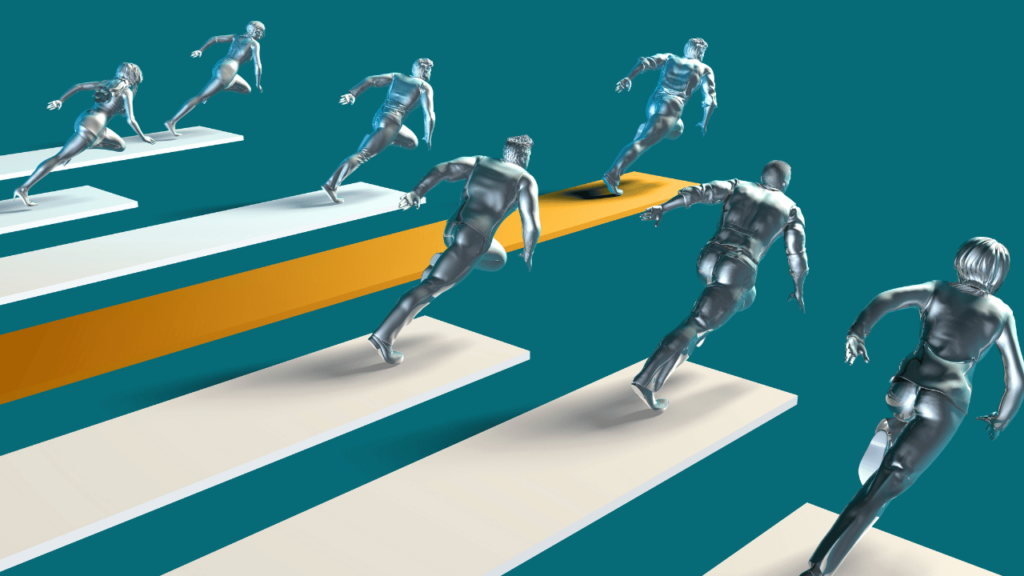
Anthropic hints at multimodal abilities beyond language for Claude, unlike pure GPT models.
Active Learning Approach
Claude may take an active learning rather than passive learning approach compared to standard GPT pretraining.
Dedicated Company Focus
As an AI safety focused startup, Anthropic can dedicate full resources to developing Claude responsibly.
Patent Protected Innovations
Anthropic has applied for patents, suggesting Claude includes proprietary modeling innovations.
Fundamental Philosophy Shift
A core philosophy shift of responsible AI development underlies Claude rather than pure predictive accuracy like GPT.
Built for Ongoing Learning
Claude is designed to continue learning safely over time rather than being a static model like GPT.
Exploratory Research Partner Model
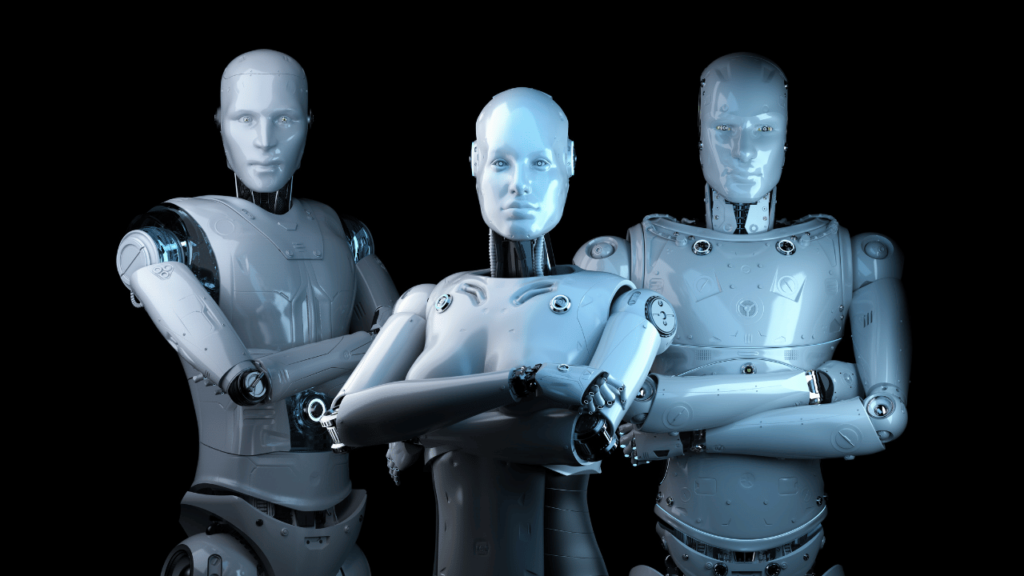
Claude is described as an exploratory research partner rather than a predictive model.
augmenting human intelligence
Claude aims to augment rather than replace human intelligence, contrasting pure AI capabilities of GPT.
Transparent Development
Anthropic practices responsible transparency around Claude’s development unlike the secrecy common for GPT models.
Collaborative Partnership Ideals
Claude is framed as a collaborative partnership between humans and AI rather than GPT’s assistive tool mindset.
Nuanced Policy Distillations
Claude can provide nuanced distillations of policies on complex issues, lacking in most GPT models.
Global Good Mandate
Anthropic’s constitutional mandate focuses Claude on global good rather than pure profit incentives with GPT.
Commitment to Integrity
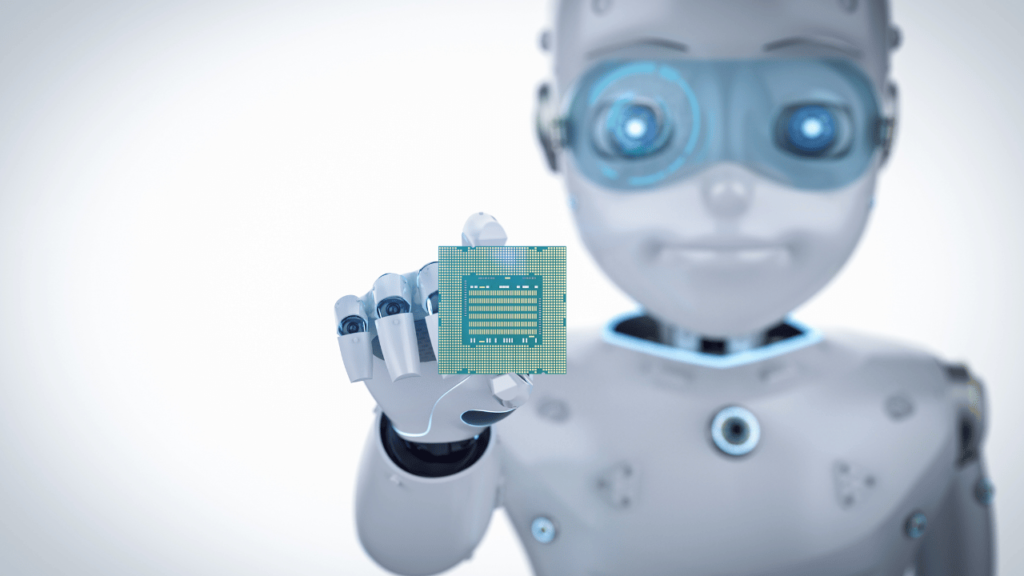
Anthropic’s principles embed a commitment to integrity in Claude that is lacking in unconstrained GPT models.
Selective Responsible Disclosure
Anthropic practices selective responsible disclosure around Claude unlike the open sourcing norms of GPT models.
Conclusion
In summary, while Claude exhibits conversational abilities similar to GPT models, there are notable differences suggesting Claude does not directly employ an off-the-shelf GPT architecture. Its foundation in Constitutional AI principles, custom neural design, safety practices, and proprietary nature indicate Claude is based on unique technology tailored for safe alignment with human values.
FAQ’s
What is Claude AI?
Claude is an AI assistant created by Anthropic to be helpful, harmless, and honest using Constitutional AI principles for safety.
Is Claude based on GPT models?
No, Claude does not appear to employ an off-the-shelf GPT architecture. It has some conversational abilities like GPT models, but Anthropic uses custom, proprietary technology optimized for safety.
How does Claude differ from GPT models?
Unlike GPTs, Claude is designed from the ground up for responsible AI development, trained on curated data, and evaluated based on social good rather than pure accuracy.
Does Claude use a transformer architecture?
Anthropic has not confirmed full architectural details, but Claude likely incorporates transformer-based neural networks customized for safety, unlike standard GPT transformer architecture.
What safety practices are used with Claude?
Techniques like data filtering, training supervision, red teaming, selective disclosure, and ongoing review by Anthropic’s world-class safety researchers distinguish Claude from typical GPT models.
Is Claude an open AI system?
No, unlike GPT models, Claude does not openly retain or disclose training data. It operates as a closed system with tight control for safety.
How is Claude optimized during training?
Claude appears to be optimized for alignment with human values defined by Anthropic’s Constitutional AI framework, rather than narrow metrics like next word prediction.
Does Claude continue learning?
Yes, Claude can safely learn from new data over time under Anthropic’s oversight. GPT models are static pretrained networks.
Is Anthropic transparent about Claude’s development?
Anthropic practices responsible transparency where possible, in contrast to the secrecy surrounding groups like OpenAI. However, some details remain confidential.
![Is Claude a GPT Model? 1 Is Claude a GPT model? [2023]](https://cladopedia.com/wp-content/uploads/2023/09/Is-Claude-a-GPT-model-2023.png)
65 thoughts on “Is Claude a GPT Model?”